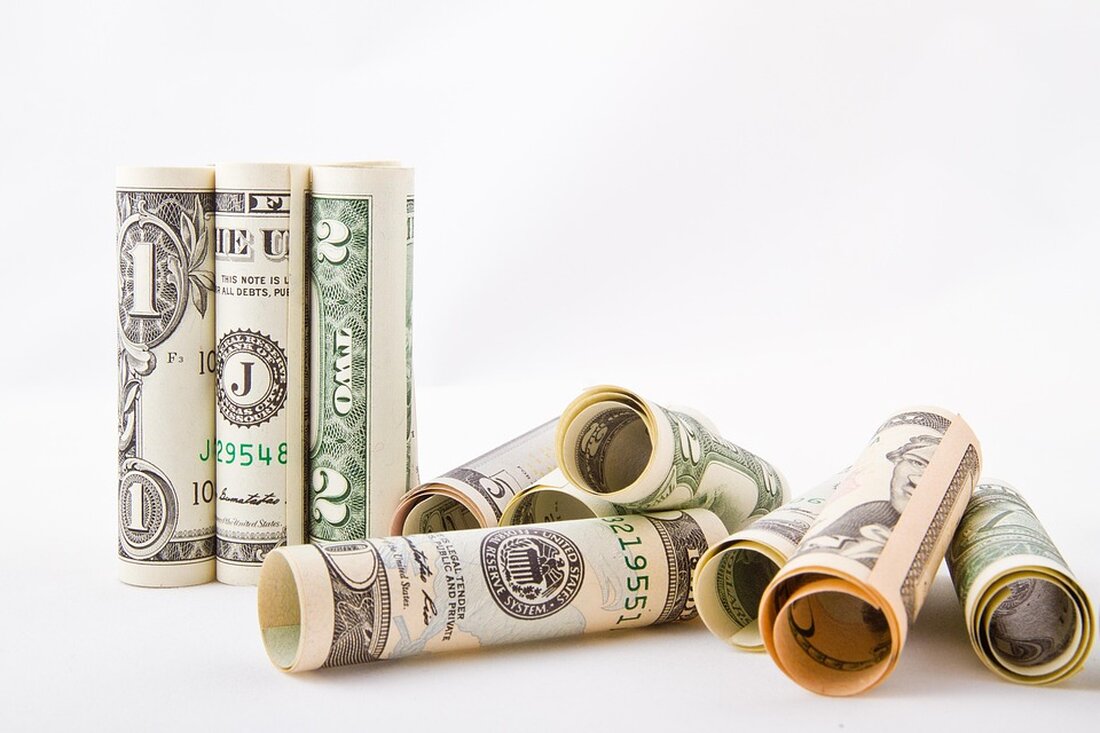Do you pay Trump’s the latest trade agreement?
Trump's new trade agreement with Vietnam could increase the prices for shoes, electronics and clothing in the USA. Find out how higher tariffs could burden consumers.

Do you pay Trump’s the latest trade agreement?
On Wednesday, President Donald Trump announced a trade agreement with Vietnam that could increase the prices for various goods such as shoes, electronics and clothing in the United States. But how does it come about?
background of the trade agreement
In the past three months, goods that were transported from Vietnam to the United States were occupied with a minimum tariff of 10 %. This was a relief compared to the temporary sentence of 46 %, which came into force in April before Trump announced a break. Trump claimed that this delay gave the countries more time to negotiate trade agreements with the United States. While his self -made key date is approaching on July 9 and only a few new agreements were made, Trump threatened to increase the tariffs again.Details of the agreement
A fixed framework for the agreement does not mean that import taxes are reduced. The agreement, which Trump announced on social media, provides for a minimum tariff of 20 % to Vietnamese goods that are exported to the USA. This sentence is twice as high as that that the US company currently pays. In return, Trump explained that Vietnam had agreed to open his economy to trade with the USA without taxing American products.
influence on American consumers
Many details of the agreement remain unclear, including whether something has been finally decided. The state Vietnamese news channel, VIệT Nam News, described the agreement on Wednesday as "a framework". Clark Packard, retail research employee at the Libertary Cato Institute, said: "Obviously, this is not good news for American consumers." Vietnam is the sixth largest source of foreign goods that are shipped to the United States, a position that has increased steadily in recent years, while deliveries from China have decreased. The main goods that the United States import from Vietnam include electronics, clothing, shoes and furniture.
The effects of tariffs
This means that many Americans will be affected by the higher customs tariffs. "The American consumers will ultimately bear the costs," said Packard in an interview with CNN.
tariffs are taxes on imported goods that increase their purchase price. Companies initially bear the customs costs for imported goods, but often pass on some of these costs in the form of higher prices to consumers. Many companies will absorb part or all customs costs so as not to lose their customers. In addition, companies often store stocks in advance to push price increases for themselves and their customers. Ultimately, however, it could lead to the possibilities to protect consumers from higher prices.
politics and forecasts
"The administration consistently claimed that the costs of the tariffs are borne by foreign exporters who are dependent on the American economy, the largest and best consumer market in the world," said the spokesman for the White House, Kush Desai, in a statement to CNN. Desai referred to current inflation data that has so far not shown far -reaching price increases, although the tariffs have increased to almost all of the United States since April.
The tariffs from Trump should "adapt the field for American industries and workers," says Desai. In other words, by increasing the costs for goods made abroad, Trump hopes to encourage more companies to produce their products in their own country.
The challenge of relocation
However, it can take years for companies to move production back to their own country. In the meantime, you may still have to import products from countries like Vietnam.
Caleb Petitt, research employee at the Independent Institute, a libertarian Think Tank, questioned that American companies benefit from the tariffs, since many are dependent on components produced abroad and billions of dollars. "These tariffs will not help the American industry and burden consumers with higher costs and uncertainties on the market," said his assessment.

 Suche
Suche
